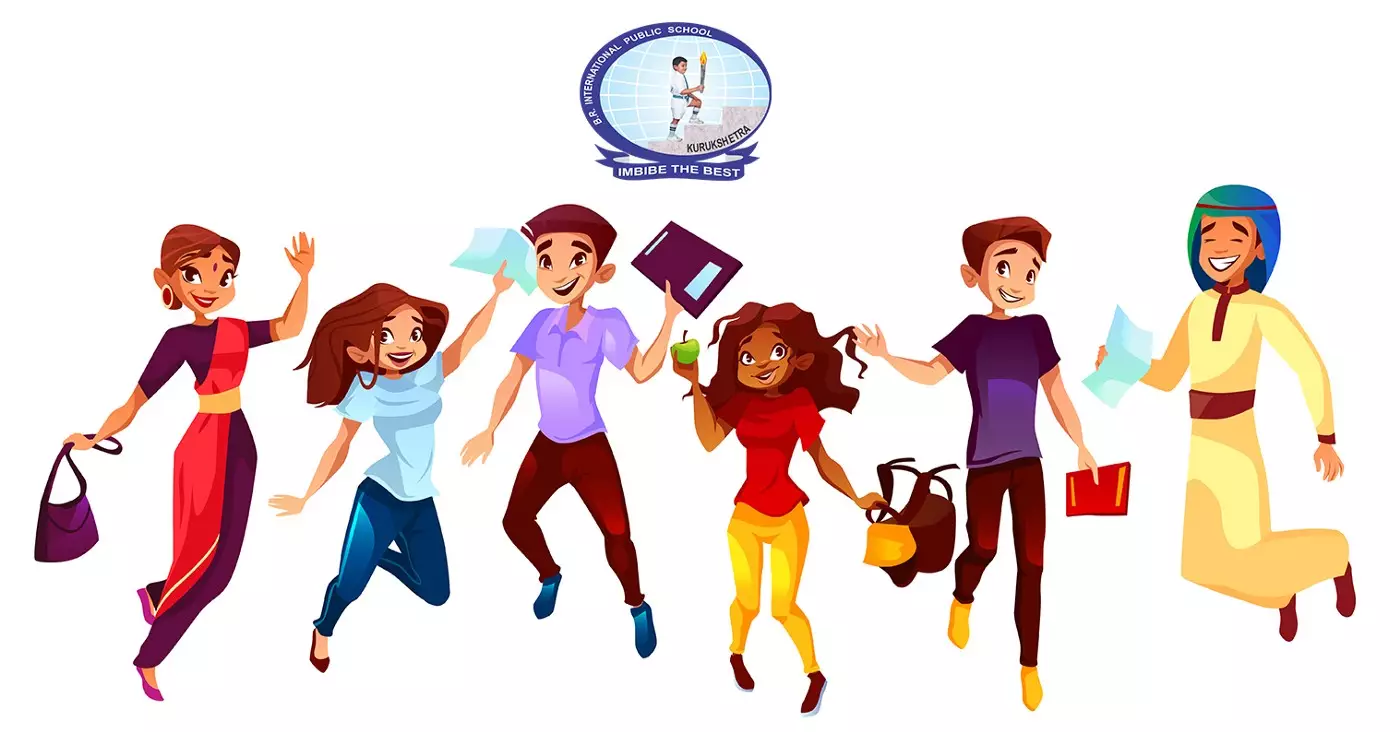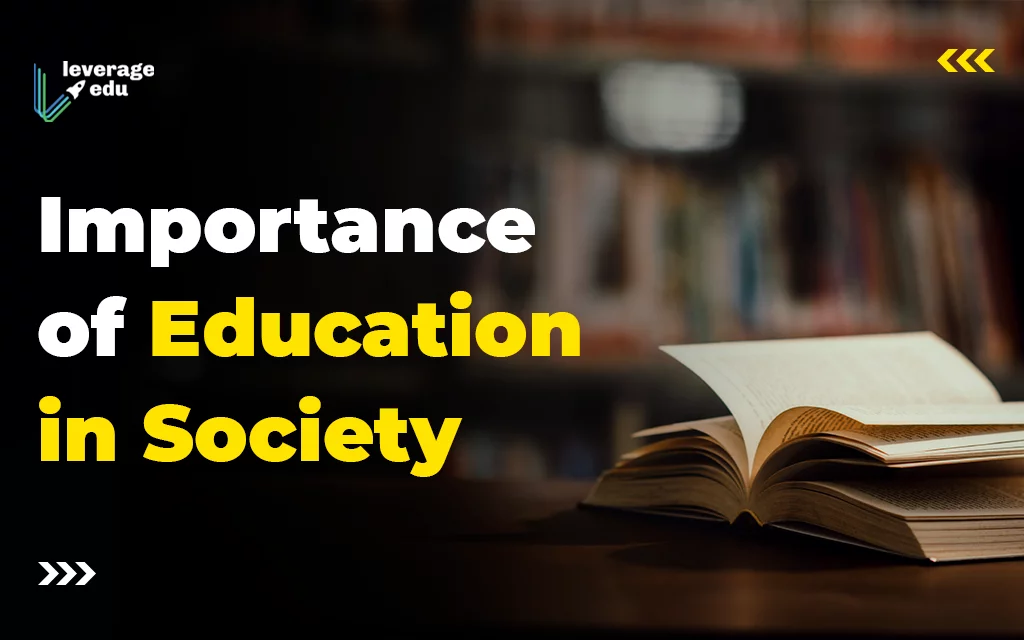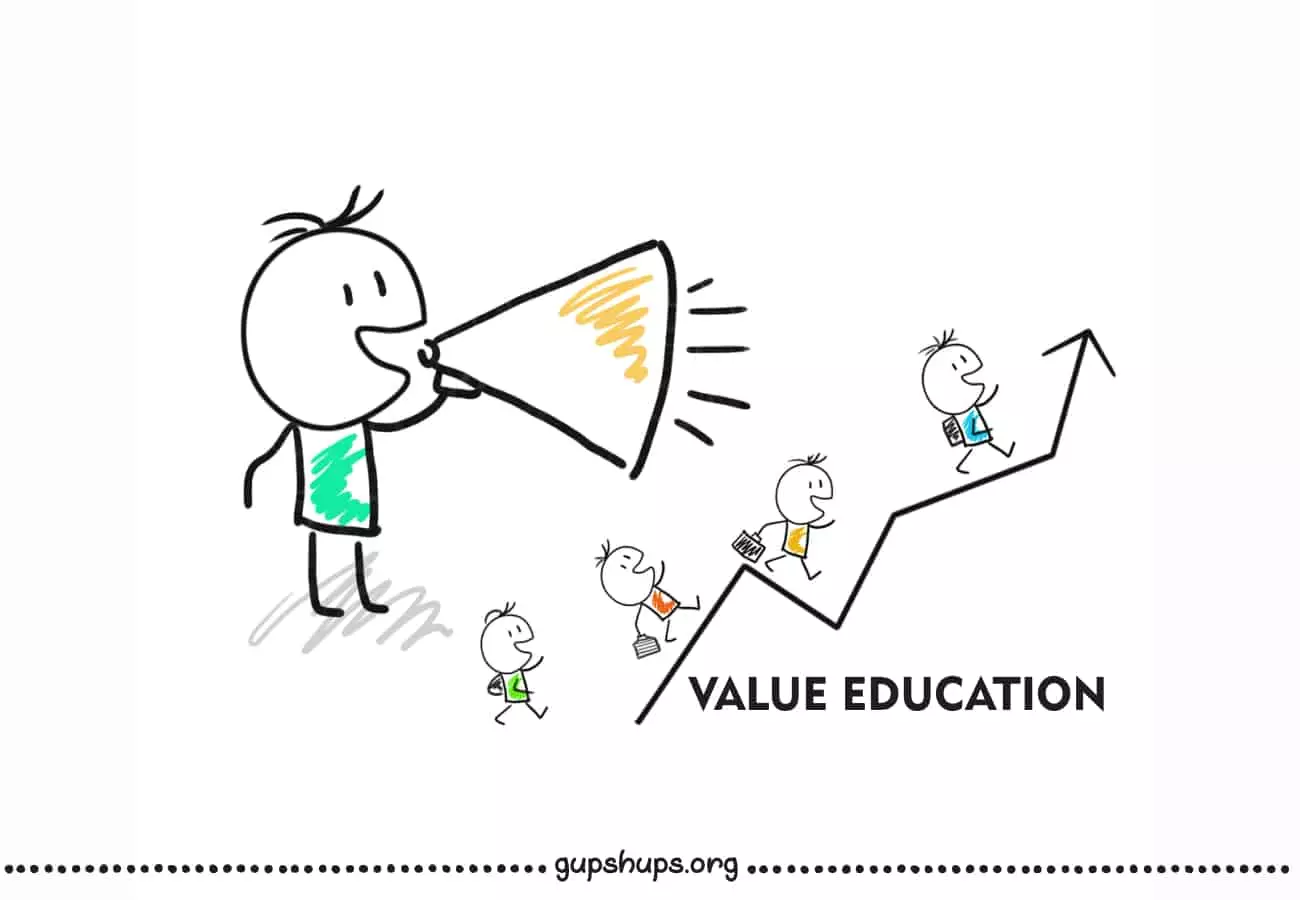What is Community? What is the Role of Community?
People often think that blogs, forums, wikis, and other tools are community. In actuality, those tools are just that tools. They can help you to build community, but they aren’t actually “community”. When we talk community, we’re simply talking about an interaction, a connection. Blogs or forums are a way to initiate and sustain that interaction. A community is a group of people who form relationships over time by interacting regularly around shared experiences, which are of interest to all of them for varying individual reasons.
We see community as a group of people who come together and interact based on a shared interest. But that community may not result in relationships, and it may dissolve in a day or an hour. The interesting thing about the web is that is facilitates dynamic engagements there’s an ebb and flow of connections that form, a dissipate and reform into new configurations.
Community plays an important part in the education system. Students, teachers, and parents agree that community support is vital to the success of schools and individual students. The students participating on Students Speak Out discussed how communities can positively or negatively affect their individual experiences with school and schooling.
Many students were encouraged by individual community members, but at the same time felt let down by their elected community leaders. In this brief, readers will notice that students take responsibility for their own education, but recognize their dependence on the community to help them achieve their goals.
Community Support and Participation.
A professional community organizer works with leaders within communities to promote social and economic changes. In this regard, the organizer plays diverse roles that are intended to build the capacity of people to gain collective awareness and confidence to confront public issues that impact on their lives. The organizer encourages organization and remedial actions by people.
This enabling role involves acting as convener, combiner, mediator, adviser, catalyst and facilitator while engaging in flexible and continuous learning and exercise of judgment and commonsense.
Conversations and participatory action research are used to enhance people’s awareness and assertiveness as well as empower their direct social action to enhance their chances to access power, positions and resources.
All communities value education for their children. Families either have power to take command and use it for the well being of their children’s education or outsiders exploit and dominate those who are powerless and leave them worse off.
Education as one of the public goods, therefore, must not only be valued by the community and the people, but must be advanced and protected or preserved. This is the responsibility of all community role players, stakeholders as well as educational institutions.
Shaeffer further provides some specific activities that need a high a degree of participation in a wider development context, which can also be applied in the education sector, like:
- Managing programs.
- Evaluating results and outcomes.
- Assessing available resources.
- Defining priorities and setting goals.
- Deciding on planning programs.
As we know that schools, families and communities can work together to improve the community participation. It help all families to establish home environment that supporting children in learning. The process of communicative helps to parents to know about the school programs. There is the process called volunteering which is there to support the parents. Hence, it is very rightly to say that community support and participation in elementary education is essential.





